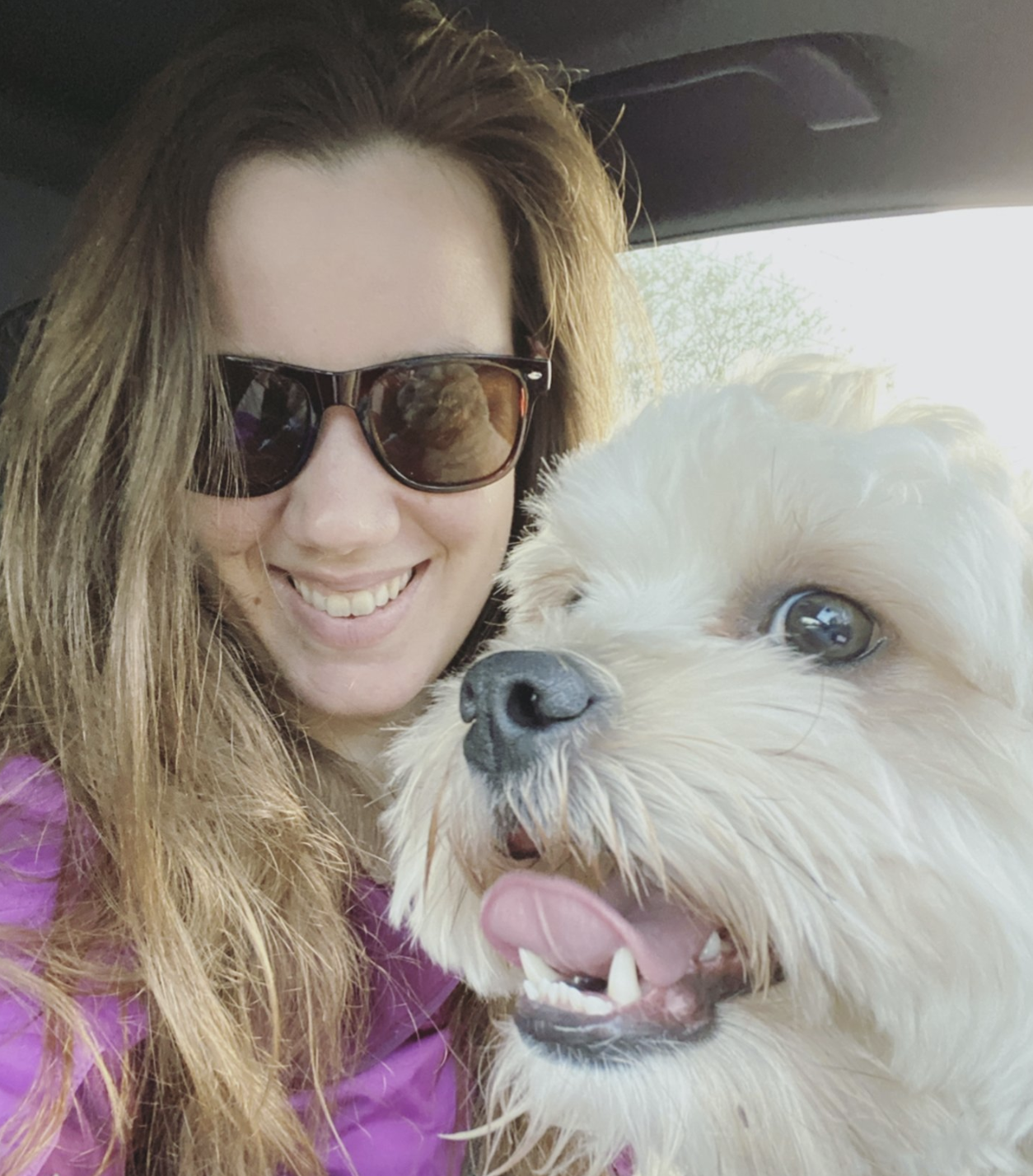About

Welcome!
My name is Kristen Panthagani — I’m a physician-scientist and science communicator. I started You Can Know Things at the beginning of the COVID pandemic, a website addressing science rumors and myths. Back in early 2020, I naively thought I would run out of things to write about in just a few months.
Clearly, I was quite wrong.
Who am I?
My day job is emergency medicine. Currently I’m completing a combined residency and research fellowship program with a focus on health literacy and communication. Before that, I graduated from Baylor College of Medicine with an MD and PhD in Genetics and Genomics with a focus on the human microbiome.
But according to google, I’m a writer — in addition to this newsletter I’ve written regularly for Your Local Epidemiologist and my work has been featured in the Wall Street Journal, Scientific American, MedPage Today, and a couple other outlets.
What’s this newsletter about?
You Can Know Things was born out the need to address false health information and rumors during the pandemic. And that’s still the core of what I do.
But, health information now is even more complicated than it was in March 2020. Trust in science and institutional sources of information has taken a huge hit. Health communication is not only about explaining data and spreading factual information — more and more it’s about how we communicate and what we should and shouldn’t do to rebuild trust.
So this newsletter is a mix… sometimes it will explain why the latest health or science rumor isn’t accurate, sometimes it will be tips to communicate science better, and sometimes it will be reflections from residency and things I think every ER patient should know. And every now and then it will be about the impending collapse of our healthcare system.
How to support?
You Can Know Things is a crowdfunded newsletter made possible by financial support from readers like you. In addition to this website (which is powered by Ghost, an open-source newsletter platform), my newsletter is also available on Substack. If you’d like to support the newsletter, you have two options (either way, you'll get the same content):
- Support here (click the button below) or
- Support on Substack.
There is going to be a lot to write about in the coming years. We need more independent, free sources of health information that communicate with both accuracy and compassion. That's what this newsletter aims to do. I’m glad you’re here.
KP
The author(s) of this newsletter are responsible for the content; statements on this newsletter do not necessarily reflect the official views of the authors’ employers or affiliated institutions. This newsletter is not intended to provide medical advice; please consult with your physician if you have questions about medical treatments or health concerns.